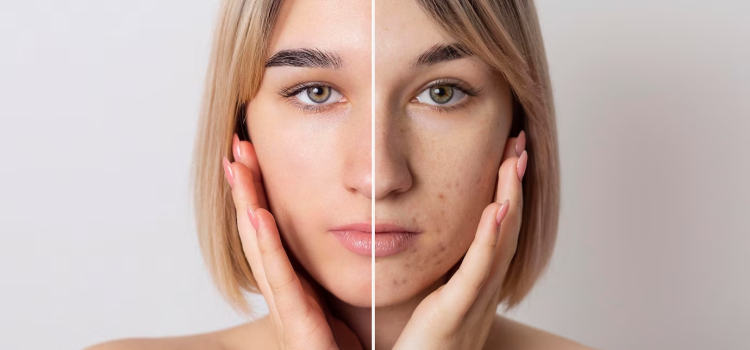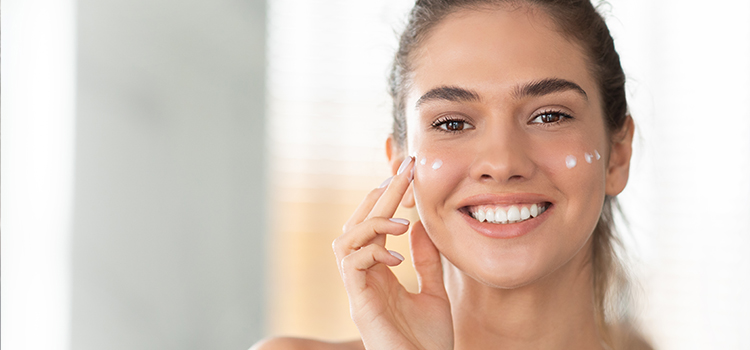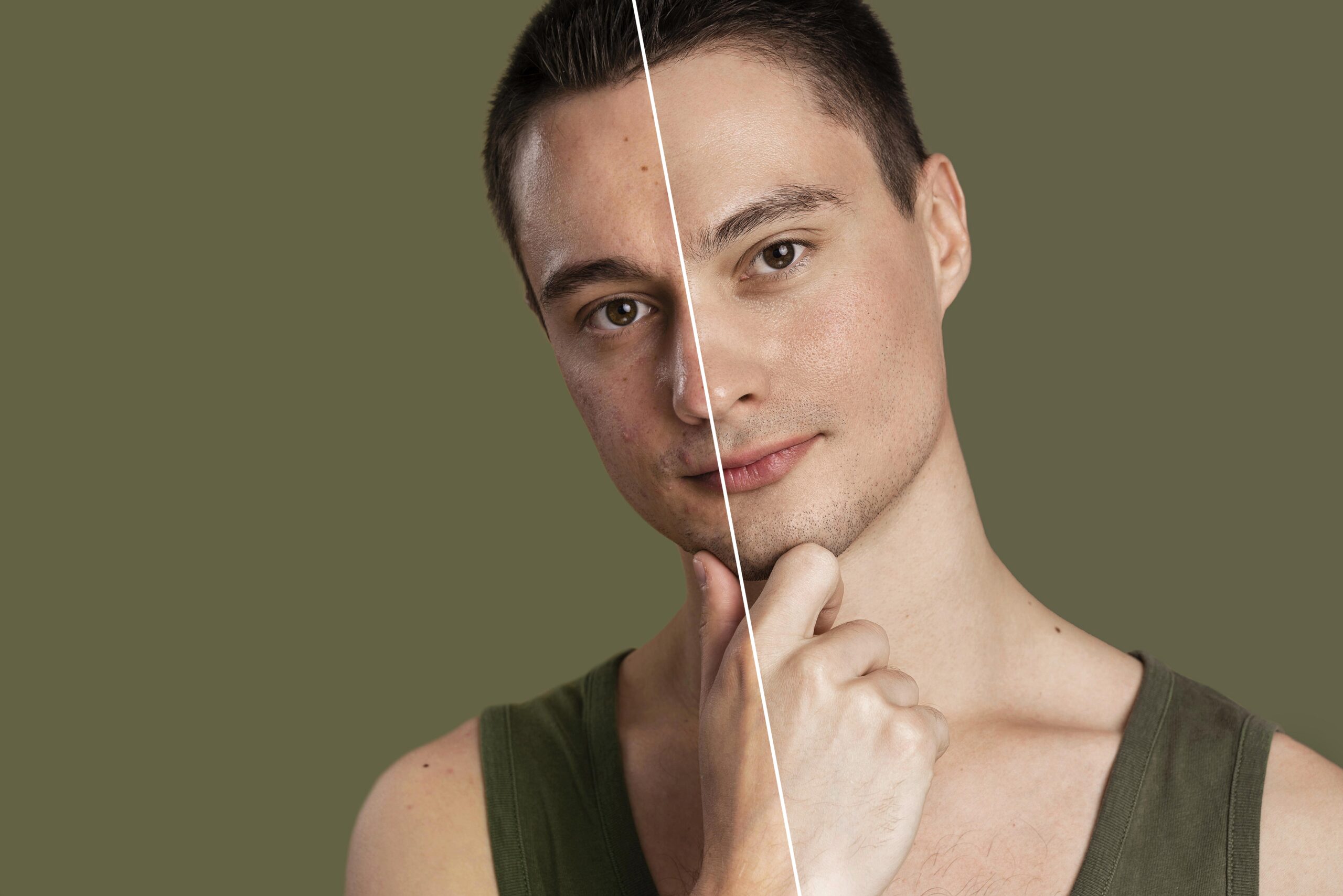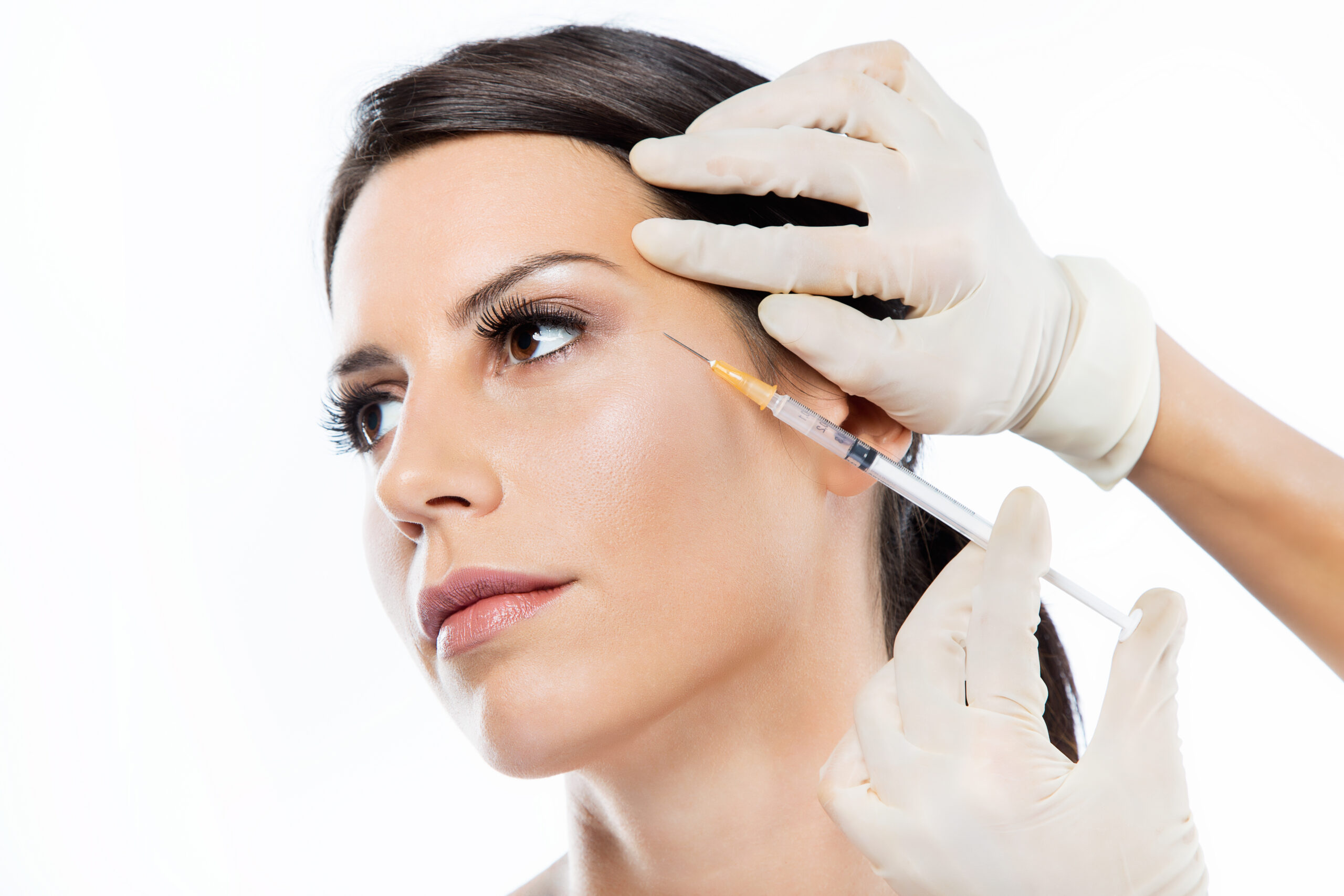Are you suffering from dark elbows & knees and worried how to deal with them? Don’t worry. We have got you covered.
Causes of dark elbows & knees
Dark elbows or knees occur when your elbows or knees accumulate darker skin than the rest of your body. Dark knees & elbows can be secondary to chronic friction like sitting cross-legged or resting elbows. Wearing too tight clothes can also cause friction while getting rub against these surfaces. Friction leads to skin thickening and darkening. Genetic factors also play an important role in causing dark elbows and knees. If you are suffering from conditions like atopic dermatitis, psoriasis, which make your skin sensitive and prone for easy damage, you are at the risk of getting dark elbows & knees.
How to deal with dark elbows and knees?
Here are few simple tips to get rid of dark elbows & knees.
Avoid friction– use loose clothes. Do not rest your elbows or cross your legs while sitting.
Apply moisturizer containing urea – Urea improves skin barriers function by improving skin hydration. Also, it has strong moisturizing effects. Applying urea containing moisturizer helps to in removing skin layers by layers, thus making thick skin smooth and at the same time hydrate it from deep within.
Salicylic acid, lactic acid and retinol – medical formulations containing salicylic acid, lactic acid or retinol, can helps to make thicker skin of elbows and knees smooth, plus helps to replace darker skin with lighter skin.
In clinic procedures – if you want quick and effective solution for your dark elbows and knees, you can opt for some in clinic procedure like chemical peel. Here strong concentration of lightening agents are used to make skin smooth and lighter.
To conclude dark elbows and knees can be frustrating and it can take time to reverse this type of skin issue. However, some life style modifications coupled with medicated products can help you lighten the colour of dark elbows and knees. If you don’t see significant results within a couple of months, do not hesitate to seek medical advice. Your dermatologist will help you to get rid of them permanently with few in clinic procedure.






